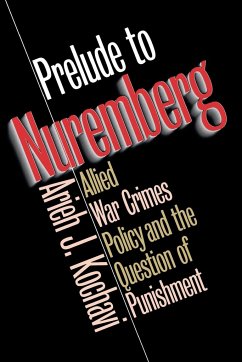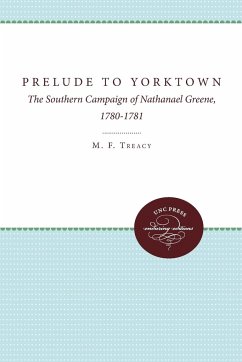Between November 1945 and October 1946, the International Military Tribunal in Nuremberg tried some of the most notorious political and military figures of Nazi Germany. The issue of punishing war criminals was widely discussed by the leaders of the Allied nations, however, well before the end of the war. As Arieh Kochavi demonstrates, the policies finally adopted, including the institution of the Nuremberg trials, represented the culmination of a complicated process rooted in the domestic and international politics of the war years. Drawing on extensive research, Kochavi painstakingly reconstructs the deliberations that went on in Washington and London at a time when the Germans were perpetrating their worst crimes. He also examines the roles of the Polish and Czech governments-in-exile, the Soviets, and the United Nations War Crimes Commission in the formulation of a joint policy on war crimes, as well as the neutral governments' stand on the question of asylum for war criminals. This compelling account thereby sheds new light on one of the most important and least understood aspects of World War II.
Hinweis: Dieser Artikel kann nur an eine deutsche Lieferadresse ausgeliefert werden.
Hinweis: Dieser Artikel kann nur an eine deutsche Lieferadresse ausgeliefert werden.








